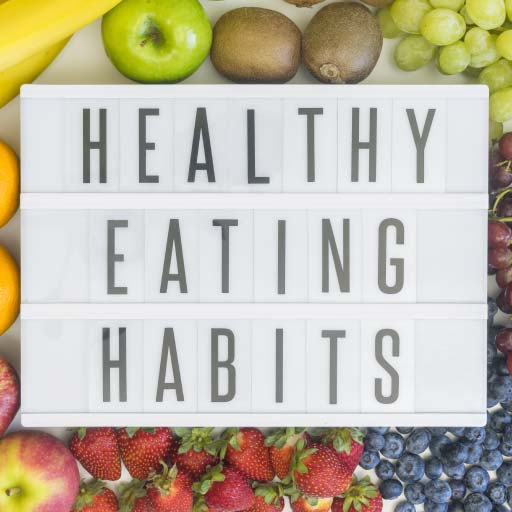World Food Day is celebrated yearly on the 16th of October to draw attention to the plight of hunger and promote global awareness and action to ensure healthy diets for all. The second sustainable development goal (SDG) strives to combat hunger and malnutrition and strive for improved nutrition.
Functional nutrition is a holistic wellness approach that guides individuals to lead a healthy and disease-free lifestyle. It is a prevention-oriented approach concerned with the optimal psychological functioning of the cells. Its primary role is to provide solutions to the underlying causes of your symptoms through proper nutrition. Functional nutrition considers an individual’s physiological makeup, lifestyle, food choices, activities, and the presence of chronic diseases.
Advantages of functional nutrition
Here are some benefits of functional nutrition:
- It sees the body as interconnected rather than separate parts
- Identifies imbalances in cells that lead to chronic conditions rather than diseases
- Deals with the root cause of the health problem, not just the symptoms
- It takes care of the body’s holistic wellness rather than just the absence of diseases
Functional nutrition factors
The most vital areas of functional nutrition include the following:
- Take care of your gut microbiome: Living off of junk or processed food can cause damage to your gut lining and harm bacteria diversity and composition, causing a leaky gut and resulting in a plethora of gastrointestinal issues, such as bloating, inflammation, irritable bowel syndrome, and gastric problems. Eat plenty of fiber, stay hydrated and be physically active to boost your immune system and support your gut health.

- Focus on whole foods: Consume healthy fat, essential nutrients (vitamins, minerals, amino acids, essential fatty acids, probiotics, and complex carbohydrates), and plant-based proteins (seeds, lentils, beans, and nuts), fruits, vegetables, and whole grains to build your health. Eat a balanced and colorful diet and eliminate trans or saturated fats, processed foods, foods high in salt and sugar, or artificial ingredients.
- Pursue a healthy life: Higher stress levels or a poor sleep schedule can impact your circadian cycle. This could reflect how your body processes food and a further need to reach out for sugar-laden food products for a temporary feel-good emotion. Once you fix your sleep routine, it can make a difference, and the nutritious food you eat will reflect your health. Exercise daily to lead a healthy life in the long term.
- Stay hydrated: Drinking plenty of water can regulate your body temperature. However, the standard rule of drinking 8 glasses of water might not apply to everyone. Water consumption should depend on medical conditions, age, temperature changes, and activity levels. The most common sign to check your hydration levels is by checking your urine color.

You can consult a functional nutritionist to chart out the right diet plan for your body. This World Food Day, be mindful of what you eat.
Key Takeaways
- Functional nutrition offers several benefits by viewing the body as an interconnected system rather than as separate parts.
- To promote optimal health, take care of your gut microbiome and prioritize whole foods in your diet.
- Additionally, pursuing a healthy lifestyle and staying hydrated are essential for overall well-being.
Stay active in the Activ Living Community to find more details on lifestyle and mindfulness.





 1800-270-7000
1800-270-7000








